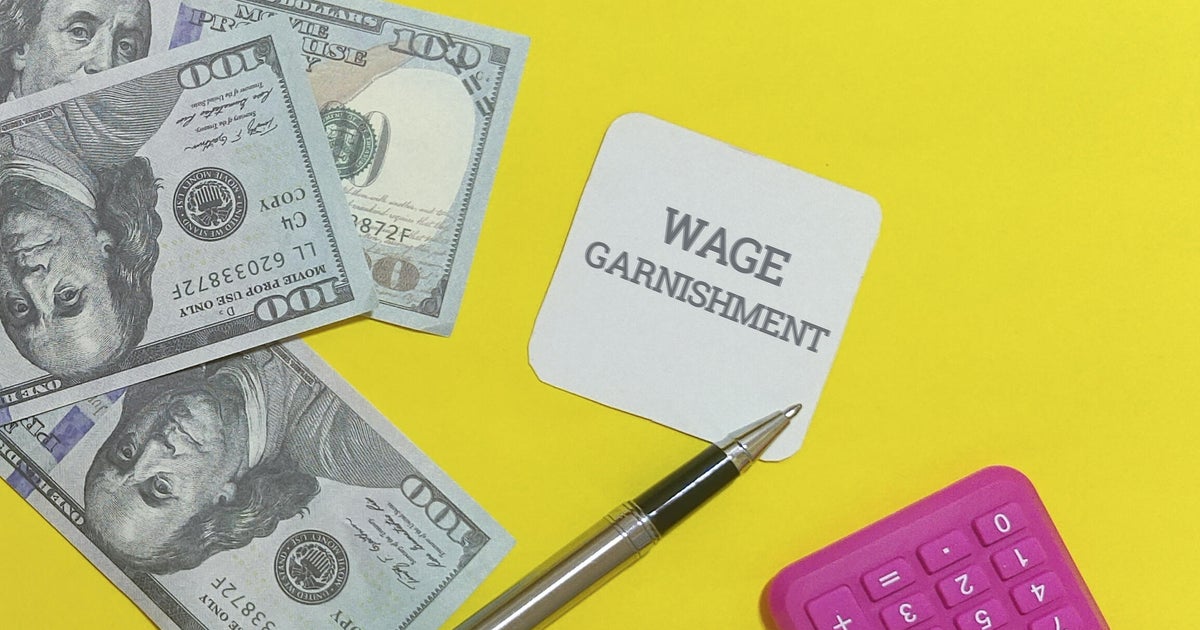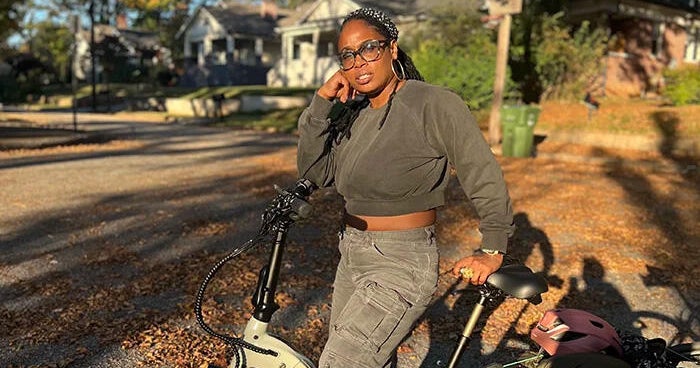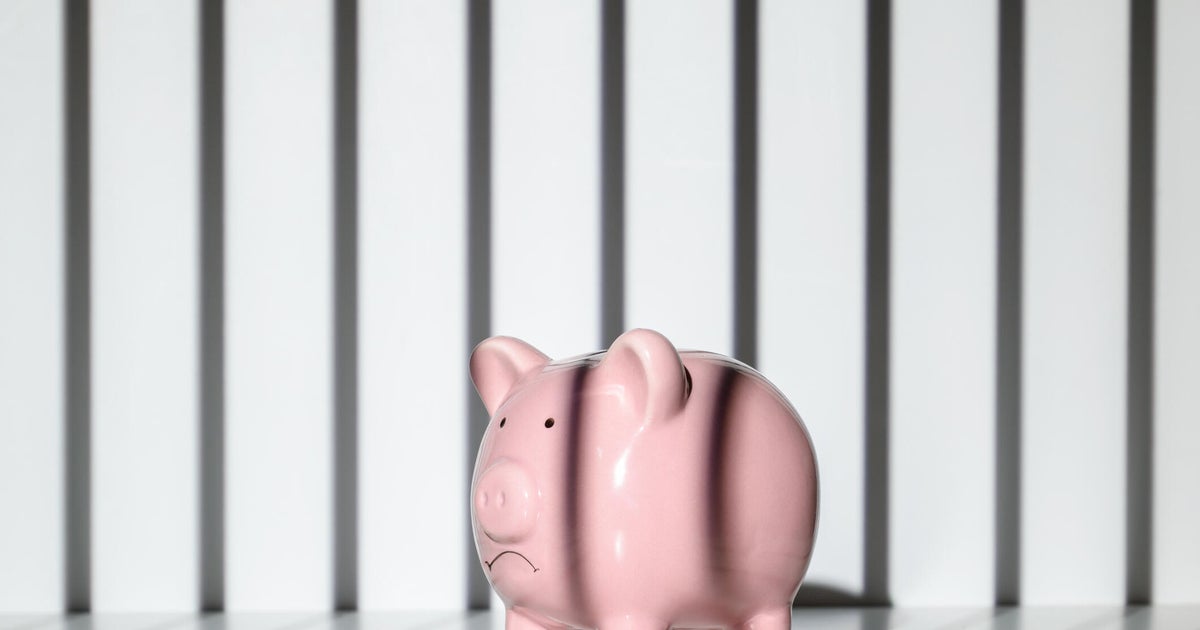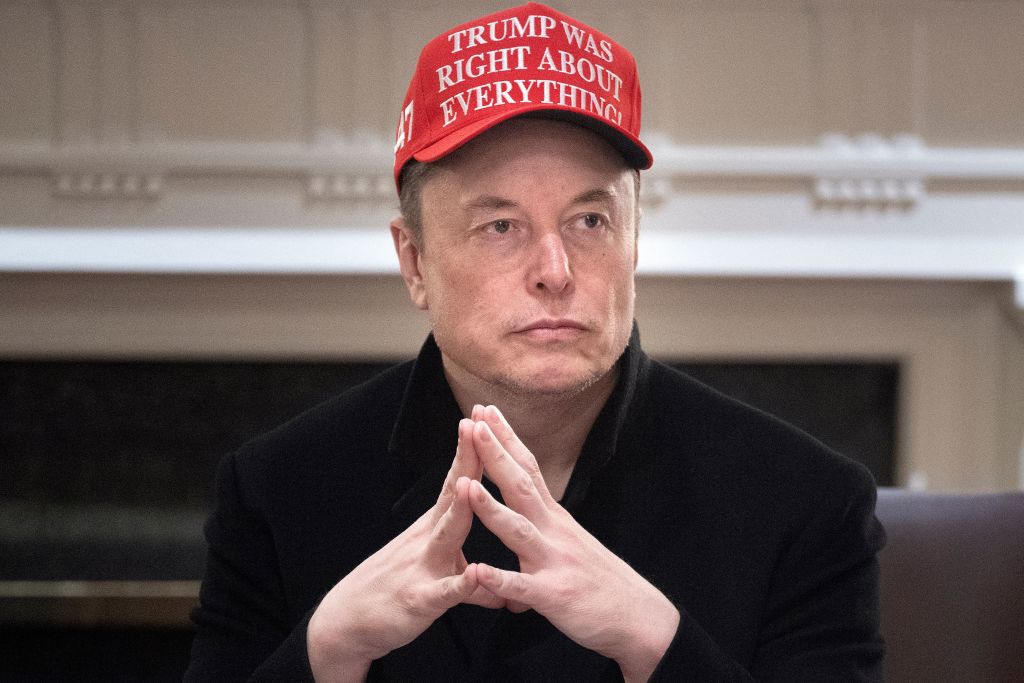New Orleans to pay teens $350 a month in financial literacy push
More than 100 young people in Louisiana will receive $3,500 next year under a financial literacy program from the City of New Orleans.
City officials said Thursday that 125 residents between the ages of 16 and 24 will receive 10 payments of $350 starting next spring. The money will be loaded onto an ATM card provided by Black-owned online bank Mobility Capital Finance. New Orleans Mayor LaToya Cantrell said during a press conference Thursday the cards will go to residents who are unemployed or not attending school.
The goal, city officials said, is to address the "unbanked" problem plaguing the Big Easy. The "unbanked" is a term the financial services industry has adopted to describe adults who earn money but do not use bank accounts to help them manage those wages.
One of 20 U.S. households are currently unbanked, according to a June study from the Federal Reserve Bank of New York. Louisiana has one of the highest percentages of its state population that's unbanked: 15%, according to economic advocacy group Prosperity Now, second only to Mississippi, at 16%.
The unbanked issue is impacting communities of color, Cantrall said in a statement, adding that the ATM cards "will address racial and wealth gaps that we know are prevalent right here in our city."
New Orleans received a $500,000 grant from Mayors For A Guaranteed Income in December and that money will be used to fund the cards. Mayors For A Guaranteed Income is a coalition of U.S. mayors who are pushing for a nationwide universal basic income program.
Latest experiment in Universal Basic Income
Indeed, what's happening in New Orleans is the latest example of universal basic income experiments happening across the nation.
The concept of a universal basic income, stretching back to the American Revolution era, is that every citizen in a given society receives a certain amount of money to spend on whatever they want. It's designed to fight poverty by putting cash directly in the hands of those who need it the most.
In New Jersey, the Newark Movement for Economic Equity is a two-year program that pays a random selection of 400 residents, ages 18 and older and with household incomes that are 200% below the federal poverty level, a sum of $12,000 each, over two years. Half of those individuals will receive $500 monthly payments, with the other half receiving four payments of $3,000, paid out semi-annually. Mayor Ras J. Baraka introduced the program earlier this year and told CBSN's Tanya Rivero that data generated from the program will be used to push a nationwide model.
In California, the Stockton Economic Empowerment Demonstration gave more than 100 randomly selected city residents living below the poverty line $500 monthly payments for two years. The program demonstrated higher rates of full-time employment and other positive impacts on participants, including improved mental health outcomes, economic researchers found. The program ended in February.
Denver, Gainesville, Florida; Gary, Indiana; Jackson, Mississippi, and St. Paul, Minnesota also have — or plan to launch — universal basic income programs.



